In a world that often glorifies busyness and constant availability, the simple act of saying "no" can feel incredibly challenging. Whether it's declining an invite from a friend, turning down extra work responsibilities, or setting limits with family, mastering the art of saying no is essential for our well-being. Let’s explore how to say no effectively, allowing you to establish healthy boundaries that nurture your body, mind, and spirit.
why saying no is important.
protect your time and energy.
Every commitment requires your time and energy, and when you overextend yourself, you're giving away precious resources. By saying no, you reclaim your time for what truly matters, whether that's pursuing a hobby, engaging in self-care, or simply enjoying some solitude.
reduce stress and avoid burnout.
Overcommitting can lead to feeling overwhelmed or burnt out. Saying no is a powerful tool for managing stress, as it allows you to focus on what you can realistically handle and enjoy.
foster self-respect.
Each time you prioritize your needs by saying no, you reinforce your sense of self-worth. You remind yourself that your well-being is as important as anyone else’s request.
cultivate authentic relationships.
When you establish clear boundaries, you create a foundation for genuine connections. Saying no helps ensure that your relationships are built on mutual respect rather than obligation, allowing for deeper and more meaningful interactions.
tips for saying no mindfully.
be honest and direct.
When someone asks for your time or effort, be straightforward in your response. A simple and honest “I appreciate the offer, but I can’t take that on right now” is usually sufficient.
check in with yourself.
Before responding to a request, take a moment to reflect on how you feel. Are you genuinely interested, or are you feeling pressured to comply? This self-awareness helps you determine the right response.
use “I” statements.
Frame your rejection in terms of your feelings and needs. Saying something like, “I can’t commit to this right now” offers a personal touch that is healthier and often better received.
offer alternatives when appropriate.
If you want to help yet can't fulfill the request, consider suggesting alternatives. For instance, “I’m unable to join the meeting, but I’m happy to review the notes later,” communicates you’re still supportive while maintaining your boundaries.
embrace the discomfort.
Feeling uncomfortable about saying no is completely normal—especially if you’re used to accommodating others. Acknowledge this feeling, but don’t let it dictate your response. The more you practice, the more comfortable saying no will become.
set clear boundaries.
Communicating your limits is crucial. Whether it’s sharing your availability at work or personal commitments, make sure others know what you can realistically handle.
practice assertiveness.
Using assertive language is key to effectively saying no. Role-playing with a trusted friend or practicing in the mirror can boost your confidence when delivering your message.
reflect on your values.
Knowing what is important to you will help you decide when to say yes and when to say no. Take time to reflect on your core values and let those guide your decisions.
Saying no does not make you selfish; rather, it is an act of self-care and self-respect. By mastering this skill, you not only protect your time and energy but also foster healthier relationships built on genuine respect. Remember, every "no" is a step toward a more balanced and fulfilling life.
So, the next time you feel overwhelmed by requests, take a deep breath, remember the value of your own needs, and embrace the power of saying no. You deserve it!

